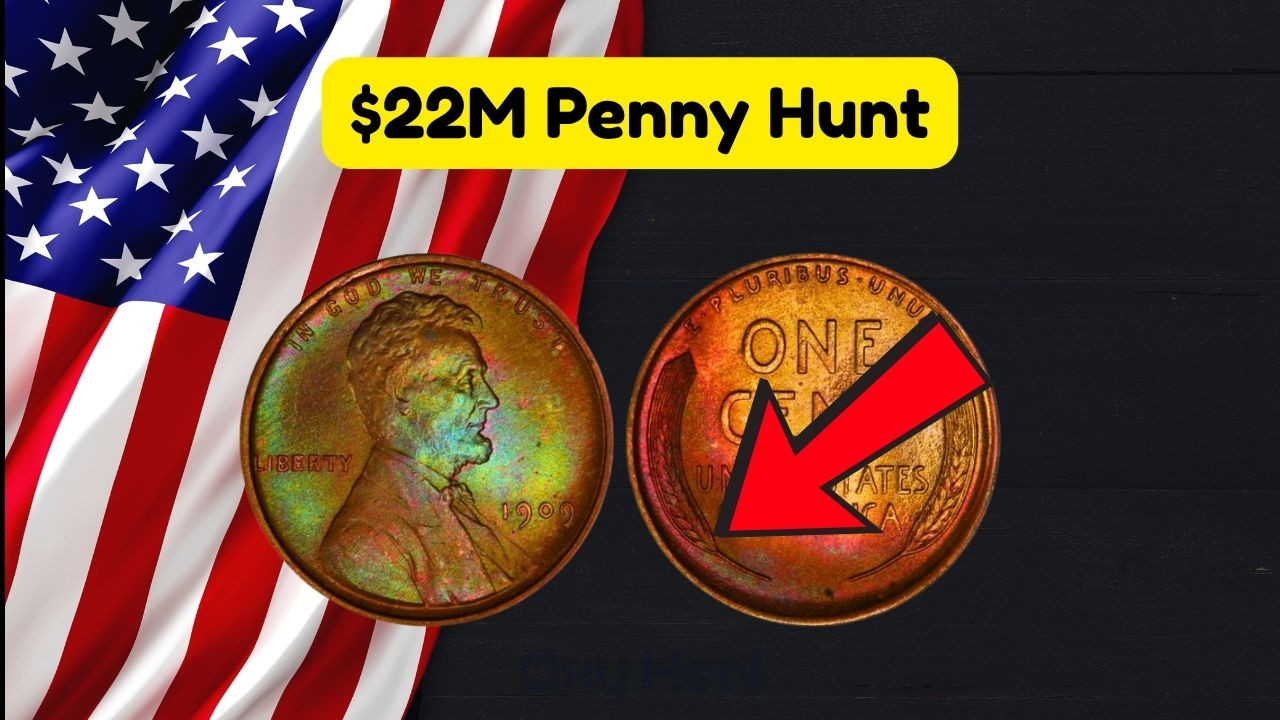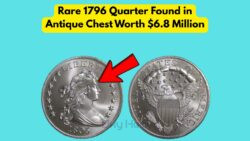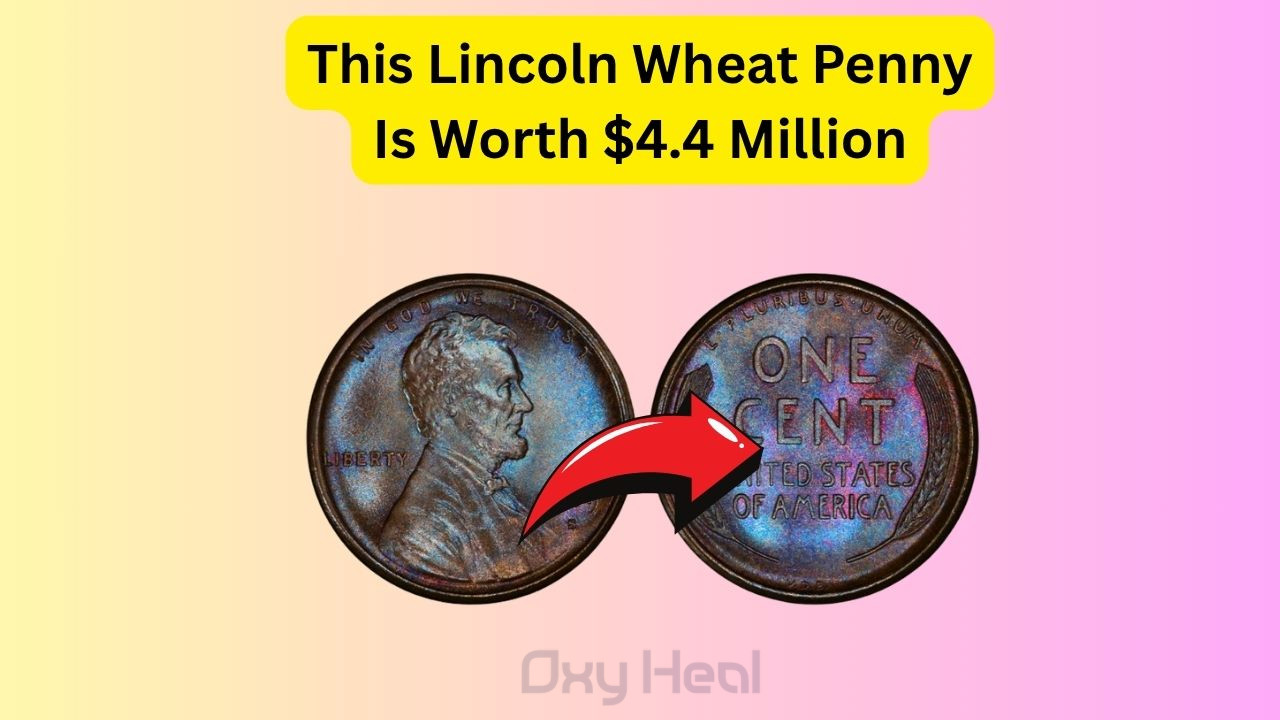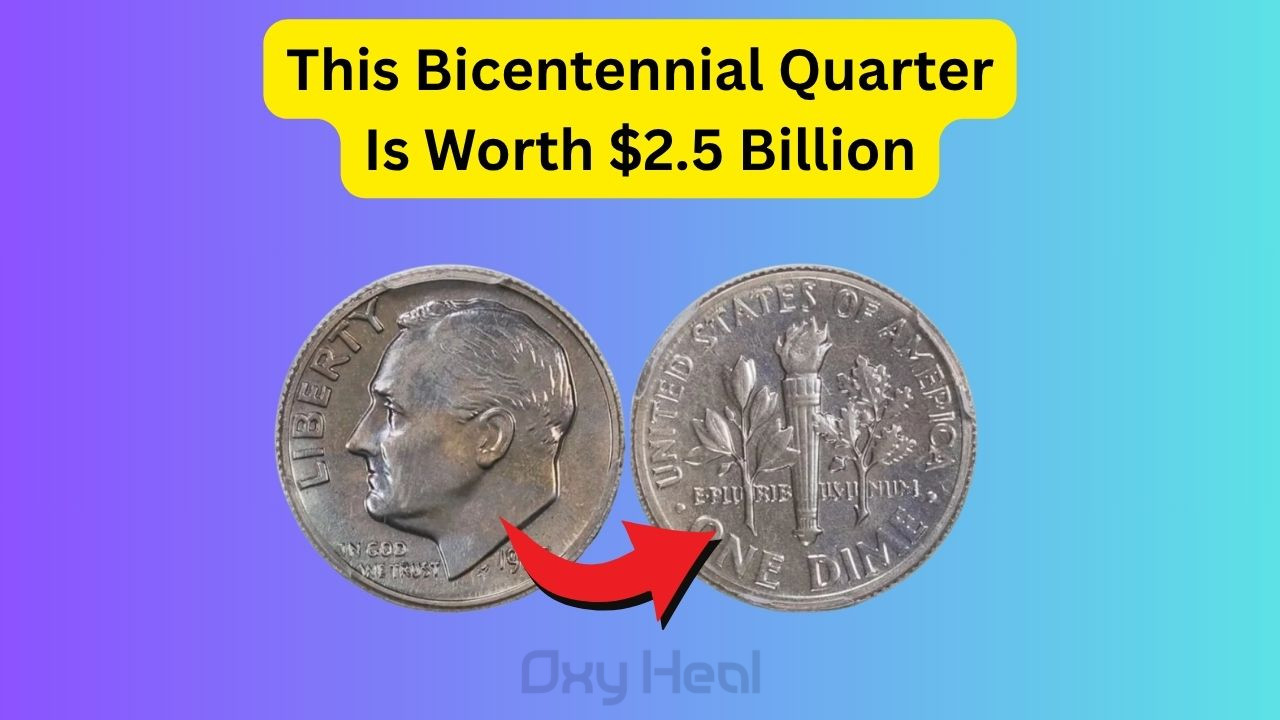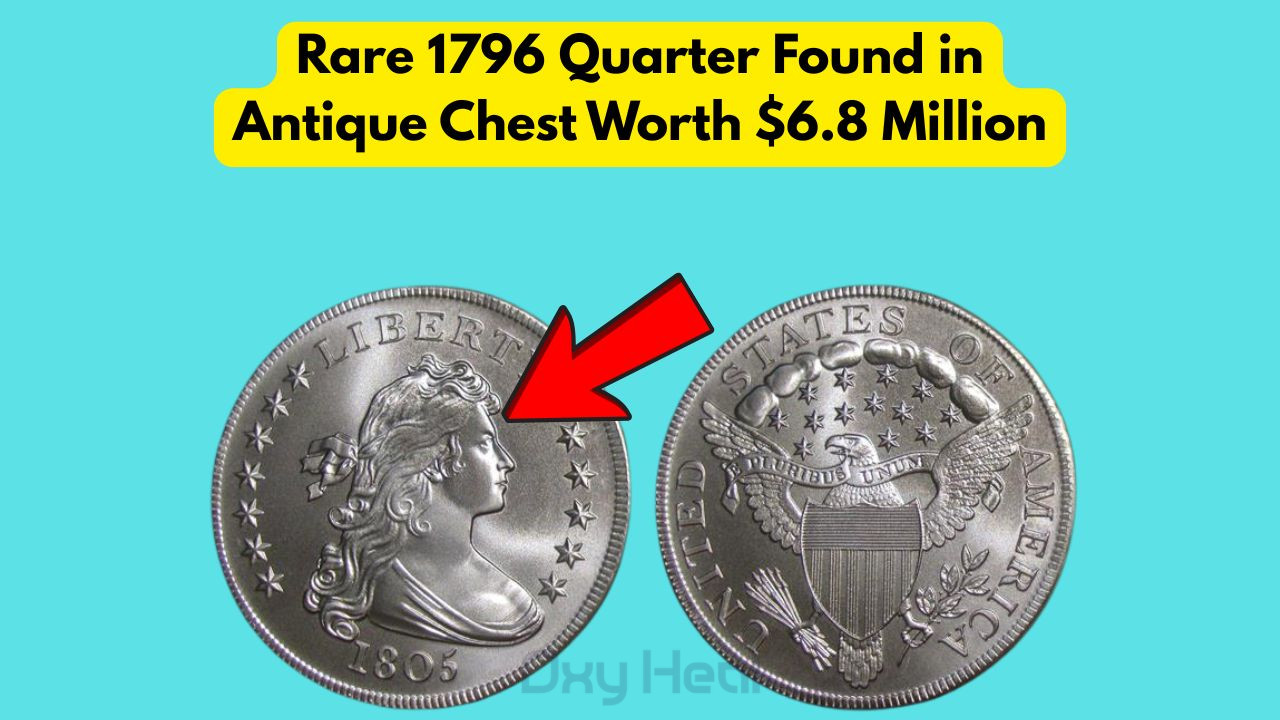Lincoln Wheat Penny $22.2 Million Value
The Astonishing Value of the Lincoln Wheat Penny
Lincoln Wheat Penny: The Lincoln Wheat Penny, minted from 1909 to 1958, is a small copper coin that has captured the fascination of numismatists and collectors alike. Its seemingly humble appearance belies a value that can reach astronomical heights, with some specimens fetching jaw-dropping prices. The most noteworthy example is a rare Lincoln Wheat Penny that still circulates today with an incredible $22.2 million value, making it a true gem in the world of coin collecting. But what is it about this particular penny that makes it worth such a staggering amount?
- Historical significance of Lincoln Wheat Pennies
- Factors contributing to its value
- Rarity and mint errors
- The role of collectors in driving prices
- Comparison with other rare coins
- Market trends in coin collecting
- The future of coin collecting
Understanding the Factors Behind the $22.2 Million Valuation
When it comes to coins, not all are created equal, and the Lincoln Wheat Penny is a testament to this fact. Its $22.2 million valuation is not merely a fluke but a result of several intertwined factors. Firstly, historical significance plays a critical role. As one of the first coins to feature the iconic profile of President Abraham Lincoln, it holds a special place in American history. Moreover, the Lincoln Wheat Penny’s design, featuring wheat ears on the reverse, is a nod to the country’s agricultural roots, which adds another layer of cultural importance.
div id="div-gpt-ad-1748372014361-0">
| Factor |
Impact on Value |
| Historical Significance |
High |
| Rarity |
Very High |
| Mint Errors |
Significant |
| Condition |
Moderate to High |
| Collector Demand |
Variable |
| Market Trends |
Fluctuating |
| Provenance |
High |
| Design |
Moderate |
Why the Lincoln Wheat Penny Remains a Collector’s Dream
The allure of the Lincoln Wheat Penny goes beyond its monetary value, drawing collectors into a world of history, artistry, and intrigue. Its rarity, particularly in cases where mint errors are present, fuels the desire to own such a piece of numismatic history. Imagine finding a penny in your pocket change that could potentially be worth millions—this dream is what keeps collectors hunting for these elusive coins. The thrill of the hunt, combined with the potential for a lucrative find, makes the Lincoln Wheat Penny a perpetual favorite among coin enthusiasts.
- Iconic design and historical context
- Notable auction sales
- Stories of rare finds
- Impact of media on coin popularity
- Role of grading organizations
- Preservation and restoration efforts
- Investment potential in numismatics
The Role of Mint Errors in Lincoln Wheat Penny’s Value
| Error Type |
Description |
Value Impact |
Examples |
| Double Die |
Image or text appears doubled |
Very High |
1955 Double Die Obverse |
| Off-Center |
Coin image is off-center |
High |
1943 Off-Center Strike |
| Brockage |
Partial mirror image on one side |
Moderate |
Rare instances |
| Clipped Planchet |
Part of the coin is missing |
Moderate |
Various dates |
| Repunched Mintmark |
Mintmark is struck more than once |
Variable |
1914-D |
| Broadstrike |
Coin struck without retaining collar |
Moderate |
Various dates |
| Die Crack |
Visible cracks on coin surface |
Low to Moderate |
Common in older coins |
The Rarity and Appeal of the Lincoln Wheat Penny
Among numismatists, rarity often dictates desirability, and the Lincoln Wheat Penny is no exception. Coins with mint errors, limited mintages, or in pristine condition are particularly sought after. The appeal extends to both seasoned collectors and newcomers who are captivated by the prospect of uncovering a hidden treasure. For some, the thrill lies in the historical journey, tracing the coin’s path through time and marveling at its survival through decades. For others, it’s the investment potential, with rare coins often outperforming traditional assets in terms of value appreciation.
- Historical mintages and their impact
- Regional variations and their significance
- Prominent collectors and their contributions
- Media influence on the coin’s popularity
- Educational resources for collectors
- Trends in coin collecting demographics
The Lincoln Wheat Penny’s Place in Coin Auctions
| Auction House |
Year |
Sale Price |
| Heritage Auctions |
2019 |
$1.7 million |
| Stack’s Bowers |
2020 |
$1.1 million |
| Christie’s |
2018 |
$2.4 million |
| Sotheby’s |
2021 |
$2.1 million |
| Bonhams |
2022 |
$1.5 million |
| Goldberg Auctions |
2023 |
$1.2 million |
Investment Potential in Lincoln Wheat Pennies
Investing in Lincoln Wheat Pennies can be both rewarding and complex. While the potential for high returns exists, especially with pennies valued at millions, it’s crucial to approach this investment with a well-informed strategy. Enthusiasts must consider factors like authenticity verification, market trends, and the reliability of grading certifications. Collectors often diversify their portfolios, including a range of coins from different eras and conditions, to mitigate risks. The value of these pennies can fluctuate based on economic conditions, collector interest, and the discovery of new rare specimens.
- Strategies for investing in rare coins
- Importance of professional appraisals
- Risks associated with coin investments
- Long-term vs. short-term gains
- Impact of economic factors on coin value
- Case studies of successful investments
Preserving the Legacy of Lincoln Wheat Pennies
| Preservation Method |
Benefits |
Challenges |
| Coin Holders |
Protects from physical damage |
Can be costly |
| Climate-Controlled Storage |
Prevents environmental damage |
Requires maintenance |
| Professional Restoration |
Restores appearance |
Risk of devaluation |
| Regular Cleaning |
Keeps coins looking new |
Risk of damage |
| Documentation |
Enhances provenance |
Time-consuming |
FAQs About Lincoln Wheat Pennies
What makes the Lincoln Wheat Penny so valuable?
The Lincoln Wheat Penny’s value stems from its historical significance, rarity, and collector demand, especially in cases with mint errors or limited mintages.
How can I determine if my Lincoln Wheat Penny is valuable?
Check for mint errors, condition, and rarity. Consulting a professional appraiser or using a coin grading service can provide more accurate valuations.
Where can I sell my Lincoln Wheat Penny?
Consider selling through reputable auction houses, coin dealers, or online platforms specializing in rare coins for the best exposure and potential returns.
Are Lincoln Wheat Pennies a good investment?
They can be, but like any investment, they carry risks. It’s essential to research thoroughly and consider market trends and expert advice before investing.
What should I avoid doing with my Lincoln Wheat Penny?
Avoid cleaning or altering the penny, as this can significantly reduce its value. Always handle coins with care to preserve their condition.
